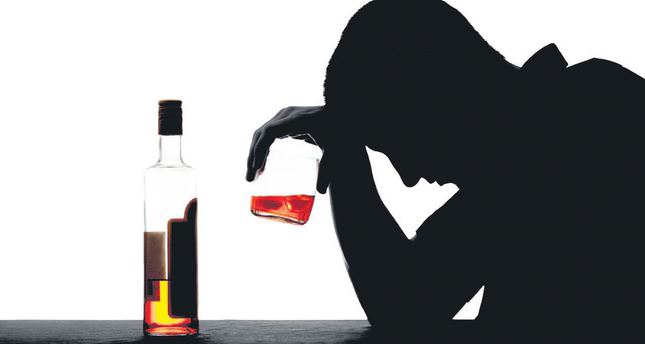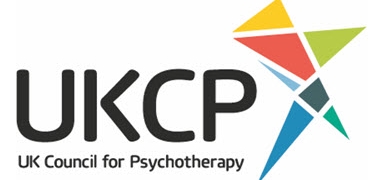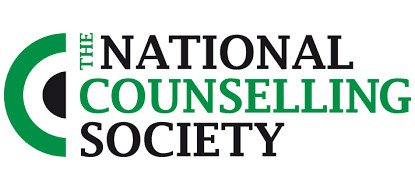What is trauma counselling?
/What is trauma?
Trauma is the physical, emotional and psychological response when a person experiences high levels of fear or stress without having the chance to escape or mobilise (move away).
Trauma is a stress response that remains frozen in time within the person. When a gazelle is chased in the wild by a lion, the animal experiences stress and fear. The animal may run away, or it may freeze in response to the impending attack. However, when the threat goes away, a gazelle will often run off, or literally shake. This serves the animal as it shakes the stress away.
Animals in the wild will rarely experience trauma symptoms, because animals automatically mobilise through the danger.
Our natural response to a threat is to 'mobilise' i.e. to escape it. In some circumstances, a person is unable to avoid a threat and thus experiences high levels of fear and stress, known as trauma.
The symptoms of post-traumatic stress disorder (PTSD)
PTSD (Post-Traumatic Stress Disorder) arises when a person experiences a threat involving high levels of stress, but they are unable to move through the stress response, meaning they are frozen in the stress response and unable to recognise that the danger has now ceased. PTSD can be recognised by the following symptoms:
- Flashbacks (reliving the trauma as if it were happening now)
- High levels of anxiety and fear
- Avoiding the place where the trauma occurred
- Emotional numbness/disconnection from emotions
- Unexplained physical problems
- Negative self-beliefs such as “I am to blame” or “I am not valuable” or “I am worthless"
- Feeling ashamed
- Suicidal thoughts or behaviours
- Nightmares
How your childhood affects your response to trauma
A person’s ability to come through experiencing a trauma can be grounded in how they learnt to manage their emotions in early childhood. If a person was soothed as a baby, and reassured when they were fearful, this child learns that even though bad things happen, they have the ability to get through them with the support of their parents/guardians.
However, if the child does not have a good enough care giving environment, they may not learn how to regulate emotions and it may be more difficult to overcome the emotions that occur when a threat arises. This does not mean that if you had a good enough care giver, then you will escape PTSD, but it does make prolonged PTSD or complex PTSD less likely.
Coping with trauma
A survivor of a traumatic event (or series of events) may turn to coping mechanisms in order to deal with the PTSD symptoms. These may include self-harm, alcohol or drug use and other risky behaviours. These are used as a way of regulating emotions that feel too difficult to tolerate. These can be extremely useful as a way of coping with trauma. Coping mechanisms may subside if the trauma begins to be processed.
Many find coping methods such as alcohol, drugs and self-harm to deal with the day-to-day impact of trauma and PTSD. Counselling is a much more effective and safe solution.
How trauma counselling can help
It is important to recognise that if you are experiencing trauma or PTSD symptoms, this is your brain’s way of coping with what happened to you. The mind is an amazing tool. However, if you are effected by trauma symptoms, it may be useful to see a therapist to talk through your experience.
What is trauma counselling?
A good trauma therapist can provide a grounded presence where you can begin to explore your trauma while feeling safe, listened to and held. A therapist who is trained in how to work with trauma will be able to offer grounding techniques, and awareness exercises in the here-and-now so that you can start to feel safe.
This helps you learn how to come down from hyper-arousal and helps you to be grounded in the here-and-now experience.
A therapist can help a trauma survivor to recognise their resources and skills, and to build on these. In therapy, the trauma survivor may be able to learn how to regulate emotions and feel safer in the here-and-now. Working with a trauma therapist can help you to understand trauma symptoms, and to start to work through your experiences.






